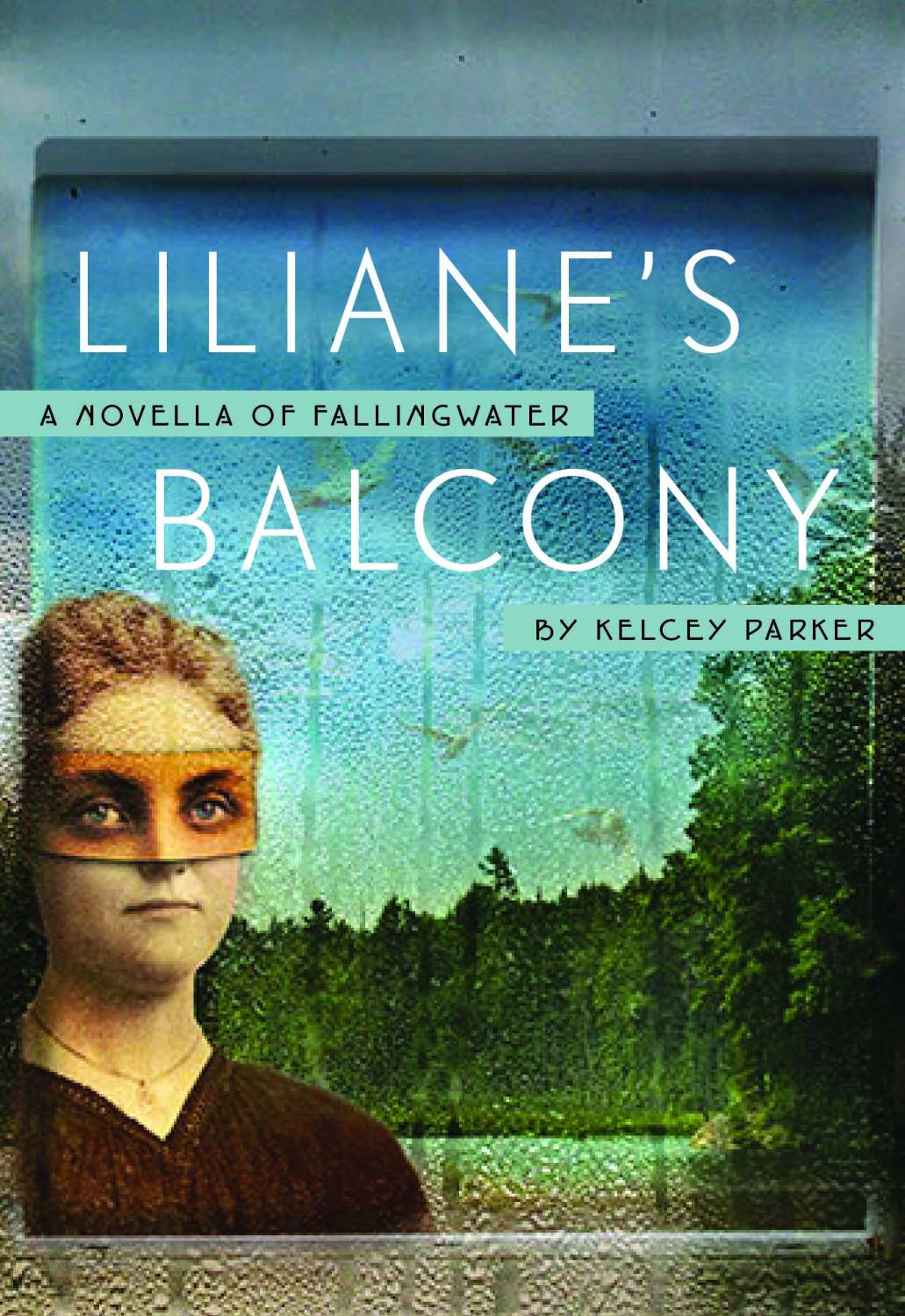Most every writer I admire has been persistent; it’s best not let the bastards get you down and one should continue to plow ahead.
WILLIAM O’ROURKE is the author of The Harrisburg 7 and the New Catholic Left (1972), Signs of the Literary Times: Essays, Reviews, Profiles (1993), and On Having a Heart Attack: A Medical Memoir (2006), as well as the novels The Meekness of Isaac (1974), Idle Hands (1981), Criminal Tendencies (1987), and Notts (1996). He is the editor of On the Job: Fiction About Work by Contemporary American Writers (1977) and co-editor of Notre Dame Review: The First Ten Years (2009). His book, Campaign America ‘96: The View From the Couch, first published in 1997, was reissued in paperback with a new, updated epilogue in 2000. A sequel, Campaign America 2000: The View From the Couch, was published in 2001. He has been awarded two NEAs and a New York State Council on the Arts CAPS grant. He was the first James Thurber Writer-in-Residence at the Thurber House in Columbus, Ohio and is a professor of English at the University of Notre Dame and was the founding director of its graduate creative writing program. He wrote a weekly political column for the Chicago Sun-Times from 2001 till 2005. Two books appeared in 2012. From Indiana University Press, Confessions of a Guilty Freelancer; and from the Notre Dame Press, a 40th anniversary edition of The Harrisburg 7 and the New Catholic Left, with a new Afterword.
Web site: http://theviewfromthecouch.com
 Read more by and about William:
Read more by and about William:
Book of Essays: Confessions of a Guilty Freelancer
40th Anniversary Reissue: The Harrisburg 7 and the New Catholic Left
Memoir: On Having a Heart Attack: A Medical Memoir
Audio link: William O’Rourke discusses Confessions of a Guilty Freelancer
Articles at Huffington Post
How William O’Rourke Became a Writer
This is the next installment in the How to Become a Writer interview series, which will post here at Ph.D. in Creative Writing every other Sunday (or so) until I run out of writers to interview, or until they stop saying yes. Each writer answers the same 5 questions. Thanks to William for saying yes!
1. Why did you want to become a writer?
Because I didn’t do anything else as well. I got it into my head in my early teens that I was a good writer. In the grammar school I went to the nuns made a fuss over my writing. I wrote an essay in the sixth grade and looked for it on a bulletin board and couldn’t find it. The nun had arranged them in best to worst order and I finally found it in the first row at the front, not the place I had been looking. And I’ve always been a strange sort of introvert; I figured my writing would speak for me and I wouldn’t have to put myself forward.
 2. How did you go about becoming a writer?
2. How did you go about becoming a writer?
Another thing I liked about writing when I was young was that it didn’t require much equipment. A pencil. A pen. Paper. When I got to highschool the only female teacher I had (it was an all boys’ school) was the first class in the morning freshman year, typing. She taught a room full of boys how to type. I became a very fast typist. And, then, I managed to badger my father to bring me an old typewriter from the company he worked for to use. It was an old Royal, long gone now. I wrote for the highschool student newspaper, which taught me a number of things, especially not to plagiarize inferior, only superior, writers. By college – I went to a local streetcar university in Kansas City, Mo., my home town – I had turned myself into a post-Beat generation arty kid, becoming involved in theater, painting, writing, a mix of all the arts, given there was so little to sample locally in just one. And, by and by, I met two “real” writers during that time, Edward Dahlberg and Winfield Townley Scott, the former in Kansas City when he taught at the University of Missouri at Kansas City, and the latter, in Santa Fe, NM, when I worked at the Santa Fe Opera for two summers. Then it was off to New York City when I got accepted to Columbia University’s new graduate creative writing program, where Dahlberg taught for a year before he was fired for a variety of reasons. His recommendation for me, I’m sure, got me in. It was short. I was told it said that I was the only intelligent person he had met in the Midwest.
3. Who helped you along the way, and how?
 Well, obviously, Dahlberg helped me. And Scott, who led an entirely different sort of artistic life than Dahlberg did, rich in Santa Fe, whereas Dahlberg was poor, living in a tenement on Rivington Street in NYC’s lower east side. Both of them helped by the example of their lives, opposite in kind as they were. They are both writers now largely unknown by what passes for the literate readers of today. And a visiting professor at UMKC, one who took an interest in me, Lois Gordon, helped, too. She and her husband returned to New York City the year I arrived there and, coincidently, moved into a large apartment around the corner from me on West End Avenue, when I was living on West 76th St., in one room. The conjunction of New York City and Columbia University provided a great boost to my career, though I never thought of it then as a career. My two years there led me to Provincetown where the Fine Arts Work Center was just coming into being. Stanley Kunitz taught at Columbia and was one of the founders of the FAWC. The early 70s were, oddly, a good time for artists. Reverence for the rich hadn’t settled in back then and there was a spirit of equality flowing across the land. And it was while I was in Provincetown that I met Diane Schulder, one of the lawyers for the Harrisburg 7, who brought me into their world and prompted my first book, The Harrisburg 7 and the New Catholic Left, which came out in 1972 when I was 26. I had never thought my first book would have been nonfiction and certainly wouldn’t have predicted it would have had the word Catholic in the title.
Well, obviously, Dahlberg helped me. And Scott, who led an entirely different sort of artistic life than Dahlberg did, rich in Santa Fe, whereas Dahlberg was poor, living in a tenement on Rivington Street in NYC’s lower east side. Both of them helped by the example of their lives, opposite in kind as they were. They are both writers now largely unknown by what passes for the literate readers of today. And a visiting professor at UMKC, one who took an interest in me, Lois Gordon, helped, too. She and her husband returned to New York City the year I arrived there and, coincidently, moved into a large apartment around the corner from me on West End Avenue, when I was living on West 76th St., in one room. The conjunction of New York City and Columbia University provided a great boost to my career, though I never thought of it then as a career. My two years there led me to Provincetown where the Fine Arts Work Center was just coming into being. Stanley Kunitz taught at Columbia and was one of the founders of the FAWC. The early 70s were, oddly, a good time for artists. Reverence for the rich hadn’t settled in back then and there was a spirit of equality flowing across the land. And it was while I was in Provincetown that I met Diane Schulder, one of the lawyers for the Harrisburg 7, who brought me into their world and prompted my first book, The Harrisburg 7 and the New Catholic Left, which came out in 1972 when I was 26. I had never thought my first book would have been nonfiction and certainly wouldn’t have predicted it would have had the word Catholic in the title.
4. Can you tell me about an artist or writer whose biography inspires you?
In addition to those above, I was taken, as many are, by the example of George Orwell. And by Normal Mailer, because both of them seemed to be the sort of writer I wanted to be, insofar as they wrote across the genres. My latest book, Confessions of a Guilty Freelancer, has an epigraph from Orwell at its start and I didn’t realize till later he is probably mentioned, one way or another, in all my books. He, certainly, figures prominently in a novel of mine about the last great strike, the NUM strike in Britain in 1984-85, during the Thatcher reign, called Notts, which came out in 1996. Mailer, who I had the good fortune to meet a couple of times, made an impression, too.
5. What would you say in a short letter to an aspiring writer?
Strange you would ask. A decade or two ago I was asked to write a short piece just about that subject. For a book by many hands; I received a contract and all, but the volume never appeared. I have the ms. somewhere, but it was written right before everyone switched over to computers, so I can’t put my hand on it. And I don’t remember what I actually said, though I have thought for a long time that persistence pays off in this culture, so I would recommend persistence. Most every writer I admire has been persistent; it’s best not let the bastards get you down and one should continue to plow ahead. Believe in yourself. Of course, it always helps if you have something to say.











Interesting post with some good advice – I also shared this with the Notre Dame Alumni group on LinkedIn. Thanks!
I reviewed O’Rourke’s latest book for the Review of Contemporary Fiction for the FAll issue 2012 which just arrived delayed for some reason. Have known Bill since 1970 NYC…shared his admiration for Edward Dahlberg… happy to see that his Harrisburg book survives and is reprinted… an extremely rare thing for a book on a current event… I like very much his essays and his first novel… I keep waiting for that single great book.. everything points to it and I hope he is able to do it…